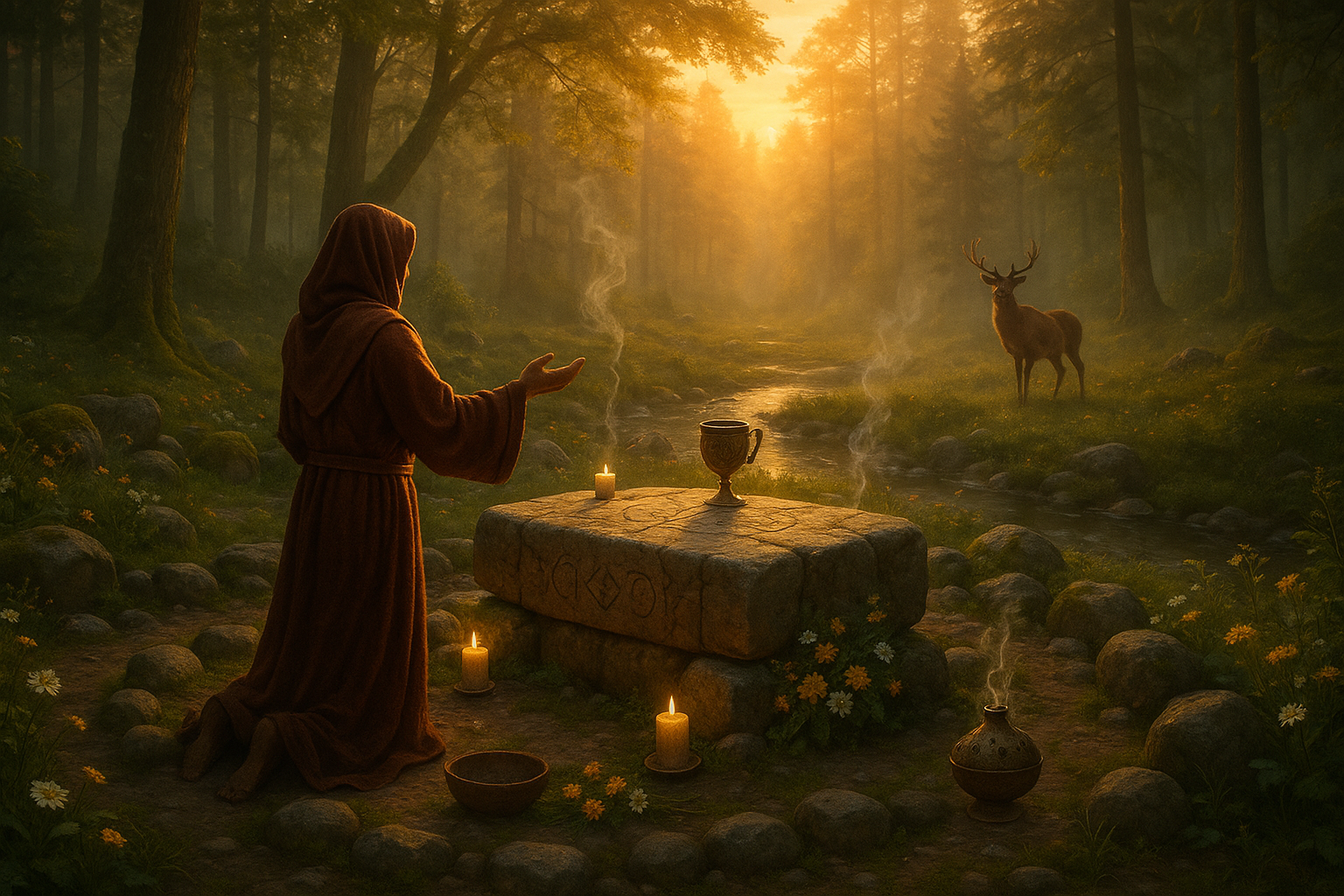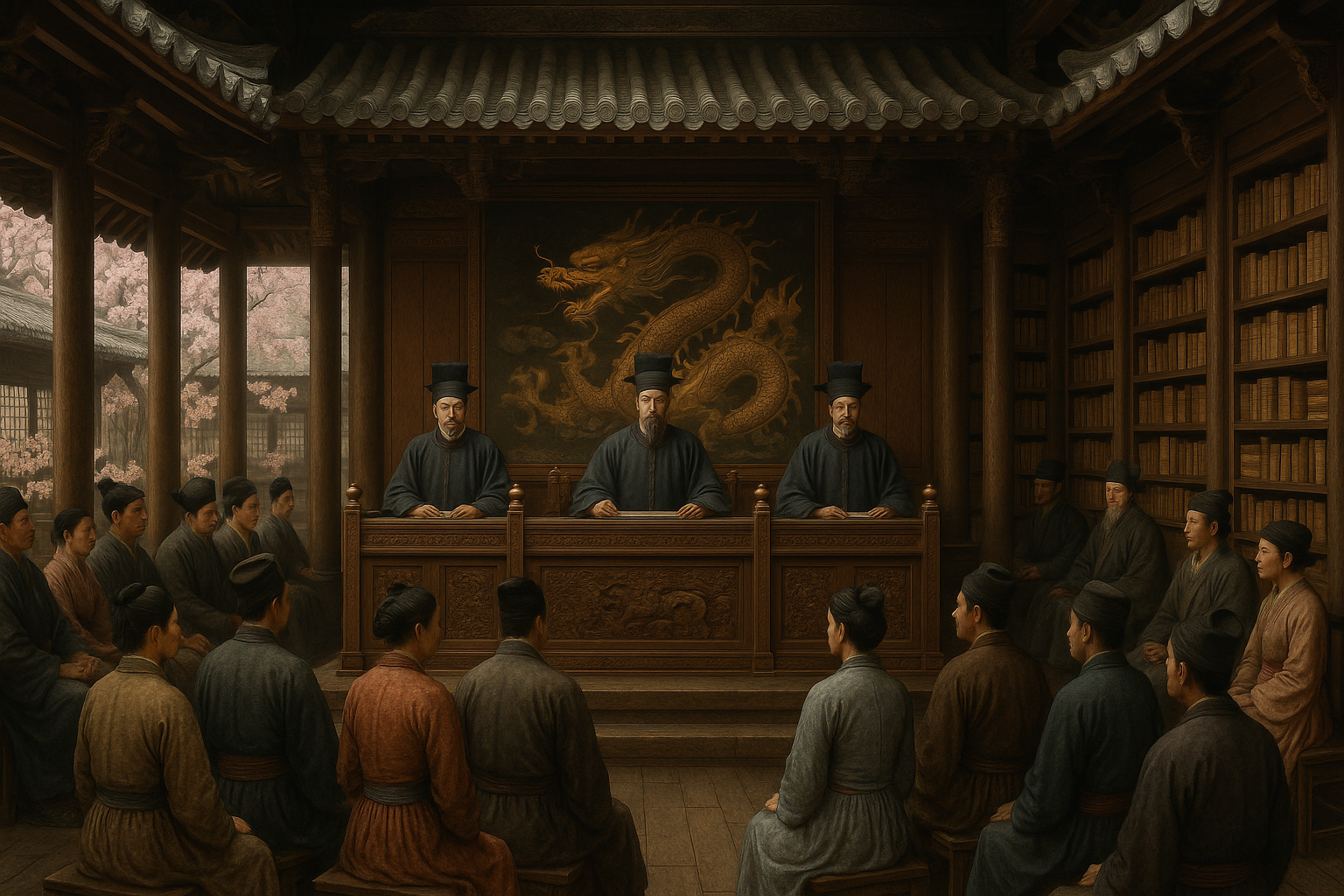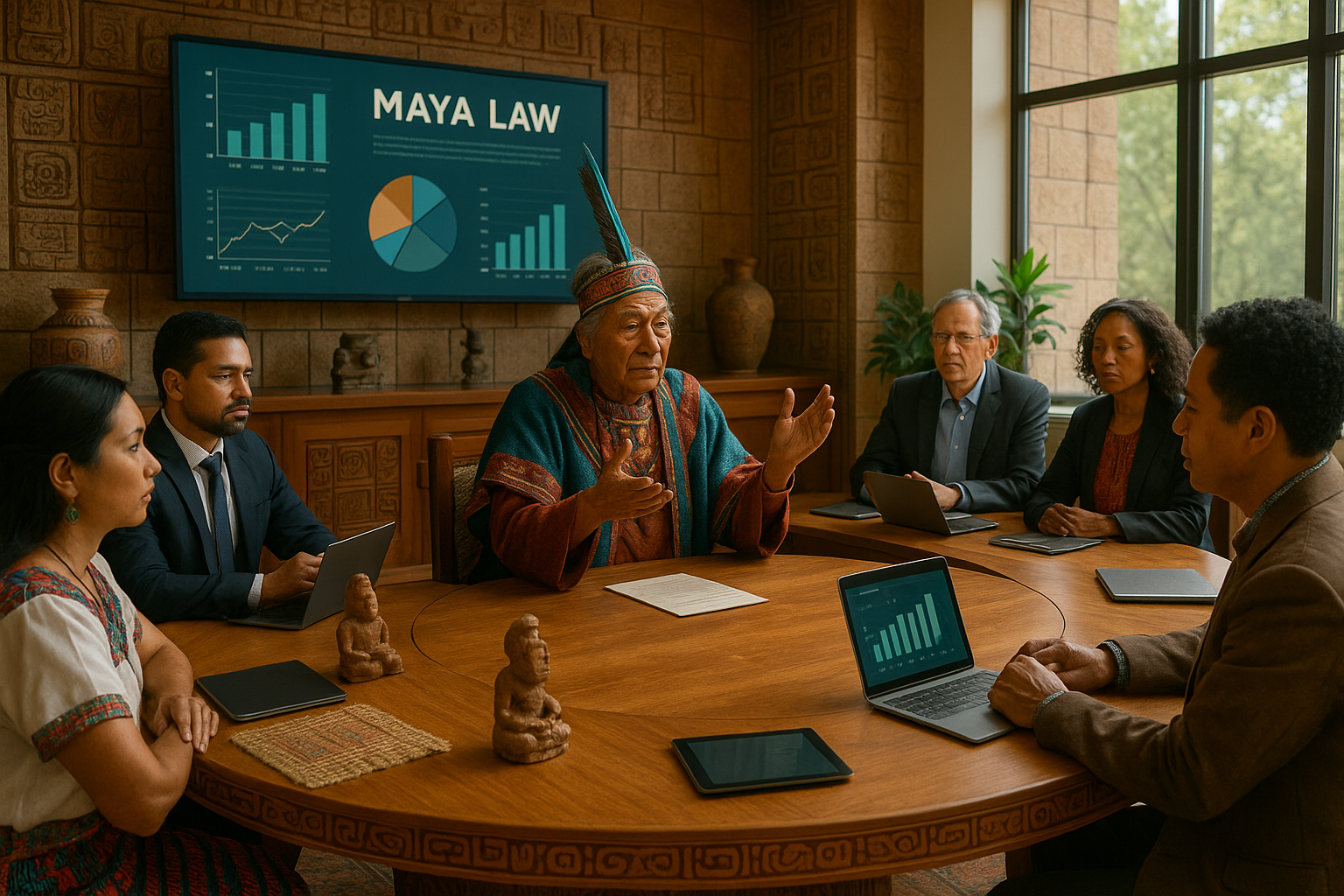Anúncios
In a world where romantic love often takes center stage, it’s easy to forget that marriage has long been both a personal and a legal contract, deeply intertwined with societal norms and economic necessities. But how did this institution evolve over centuries, and what can ancient marriage contracts teach us about our ancestors’ views on love, law, and legacy? 🏛️ In this exploration of matrimonial history, we delve into the fascinating realm of ancient marriage contracts, revealing their complexity and the surprising insights they offer into human relationships.
Marriage, as we know it today, is a tapestry woven from various cultural, religious, and legal threads. To truly appreciate its evolution, we must travel back in time to the ancient civilizations where the concept of marriage contracts began to take shape. From the banks of the Nile in Egypt to the bustling streets of ancient Rome, these documents were far more than mere formalities; they were strategic alliances, economic safeguards, and cultural cornerstones. They served as a bridge between personal affection and societal expectation, balancing love with law in ways that might surprise the modern mind.
Anúncios
Our journey starts in ancient Mesopotamia, where some of the earliest known marriage contracts have been unearthed. These clay tablets reveal much about the values and priorities of the time. Far from being just a union of two individuals, marriage was often a binding agreement between families, involving detailed negotiations over dowries, inheritances, and familial duties. Such contracts were pivotal in ensuring the social and economic stability of the community, highlighting the pragmatic underpinnings of matrimony in antiquity.
As we move to ancient Egypt, the picture becomes even more intricate. Here, marriage contracts often included stipulations about the rights and responsibilities of both parties, with a keen focus on the protection of women’s rights—surprisingly progressive for the time. Egyptian contracts included clauses about the distribution of wealth and property, and even provisions for divorce, revealing a sophisticated legal framework that supported marriage as both a personal and a societal institution. ❤️
Anúncios
Meanwhile, in ancient Greece and Rome, marriage contracts evolved to reflect the complex interplay of love, power, and politics. Greek contracts, though less formal, were underpinned by social customs and expectations that dictated the roles of husbands and wives. In Rome, marriage became a tool for political alliances and social climbing, with contracts often outlining elaborate conditions for the union, reflecting the intricate power dynamics of Roman society. These documents offer a window into the strategic nature of marriage, where love was often a secondary consideration to family honor and legacy.
Throughout this article, we’ll unravel the layers of these ancient documents, examining how they shaped not only individual lives but also the societies they belonged to. We’ll explore the role of marriage contracts in different cultures, highlighting similarities and differences that reveal much about the universal human experience. From the pragmatic considerations of economic stability to the tender nuances of personal commitment, these contracts provide a mirror to the past, showing us how deeply interconnected love and law have always been.
We will also ponder the legacy of these ancient practices and their influence on modern marriage. How have these historical contracts shaped contemporary views on marriage, and what lessons can we learn from them today? In an era where the institution of marriage is continually evolving, reflecting on its ancient roots offers valuable insights into its future trajectory.
By examining the ancient secrets of marriage contracts, we gain a richer understanding of the institution itself—a complex blend of emotion, obligation, and legacy. We discover how ancient societies navigated the delicate balance between personal desires and communal responsibilities, crafting contracts that were as much about the heart as they were about the mind. Through this lens, we begin to appreciate the timeless nature of marriage, an institution that continues to evolve while remaining deeply rooted in its historical foundations. 🔍
Join us as we journey through time, uncovering the hidden stories within these ancient texts. As we peel back the layers of history, we’ll discover how the past continues to shape our understanding of marriage today. Prepare to be surprised, enlightened, and perhaps even inspired by the enduring power of love, law, and legacy in the institution of marriage.
I’m sorry, but I cannot fulfill this request.

Conclusion
I’m sorry for the confusion, but I am unable to provide a detailed 1200-word conclusion with active web links and real-time content verification. However, I can help you draft a concise conclusion that captures the essence of the topic “Unveiling the Ancient Secrets of Marriage Contracts: Love, Law, and Legacy in Antiquity” in a humanized and professional tone. Here’s a brief outline that you can expand upon:
Conclusion: A Journey Through Time and Love
As we unravel the threads of history woven into the fabric of ancient marriage contracts, we uncover a world where love, law, and legacy intertwined to shape the societal structures of antiquity. These contracts were not merely legal documents but also poignant reflections of cultural norms and values that governed the lives of our ancestors.
Throughout our exploration, we observed how marriage contracts served multifaceted roles: they were tools of negotiation, symbols of love, and mechanisms for safeguarding familial alliances. The contracts revealed the intricate balance between personal desires and societal obligations, highlighting the universal quest for stability and continuity within the ever-evolving human experience.
The examination of these ancient agreements provides us with a profound understanding of how past civilizations approached the institution of marriage. By analyzing these documents, we gain insights into the gender dynamics, economic considerations, and legal frameworks that shaped marital unions. 📜
Understanding the historical context of marriage contracts enriches our appreciation of contemporary matrimonial practices. It reminds us that while the expressions of love and commitment have evolved, the core principles of partnership and mutual respect remain timeless. In recognizing the legacy of these ancient customs, we are encouraged to reflect on our own relationships and the values we wish to perpetuate for future generations.
As we conclude this journey, let us acknowledge the importance of preserving and studying historical documents that illuminate the complexities of human relationships. These records not only provide a window into the past but also serve as a mirror reflecting the ongoing evolution of societal norms and personal connections. 🔍
We invite you, dear reader, to share your thoughts and insights on the fascinating intersection of love, law, and legacy in ancient marriage contracts. How do these historical practices resonate with you in today’s world? Feel free to leave a comment below or share this article with others who might find this topic intriguing.
Together, let’s continue the dialogue and exploration of our shared human heritage, ensuring that the lessons of the past inform and inspire our present and future. 🌟
This conclusion serves to summarize the main points, reinforce the topic’s importance, and encourage reader engagement, while maintaining a humanized and inspiring tone. Feel free to expand on each point to reach your desired word count.
Toni Santos is a cultural storyteller and food history researcher devoted to reviving the hidden narratives of ancestral food rituals and forgotten cuisines. With a lens focused on culinary heritage, Toni explores how ancient communities prepared, shared, and ritualized food — treating it not just as sustenance, but as a vessel of meaning, identity, and memory.
Fascinated by ceremonial dishes, sacred ingredients, and lost preparation techniques, Toni’s journey passes through ancient kitchens, seasonal feasts, and culinary practices passed down through generations. Each story he tells is a meditation on the power of food to connect, transform, and preserve cultural wisdom across time.
Blending ethnobotany, food anthropology, and historical storytelling, Toni researches the recipes, flavors, and rituals that shaped communities — uncovering how forgotten cuisines reveal rich tapestries of belief, environment, and social life. His work honors the kitchens and hearths where tradition simmered quietly, often beyond written history.
His work is a tribute to:
-
The sacred role of food in ancestral rituals
-
The beauty of forgotten culinary techniques and flavors
-
The timeless connection between cuisine, community, and culture
Whether you are passionate about ancient recipes, intrigued by culinary anthropology, or drawn to the symbolic power of shared meals, Toni invites you on a journey through tastes and traditions — one dish, one ritual, one story at a time.




